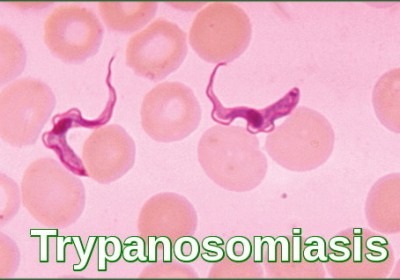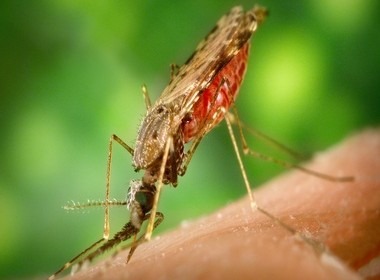Coronavirus and Blood

Coronavirus and Blood: Does coronavirus have direct effects on Blood? The COVID-19 pandemic has become one of the most significant global public health crises in a century. Since its emergence in December 2019, the novel coronavirus (SARS-CoV-2) has infected millions worldwide and caused widespread morbidity and mortality. Beyond its respiratory manifestations, COVID-19 also affects the hematologic system, leading to various […]
Read more





